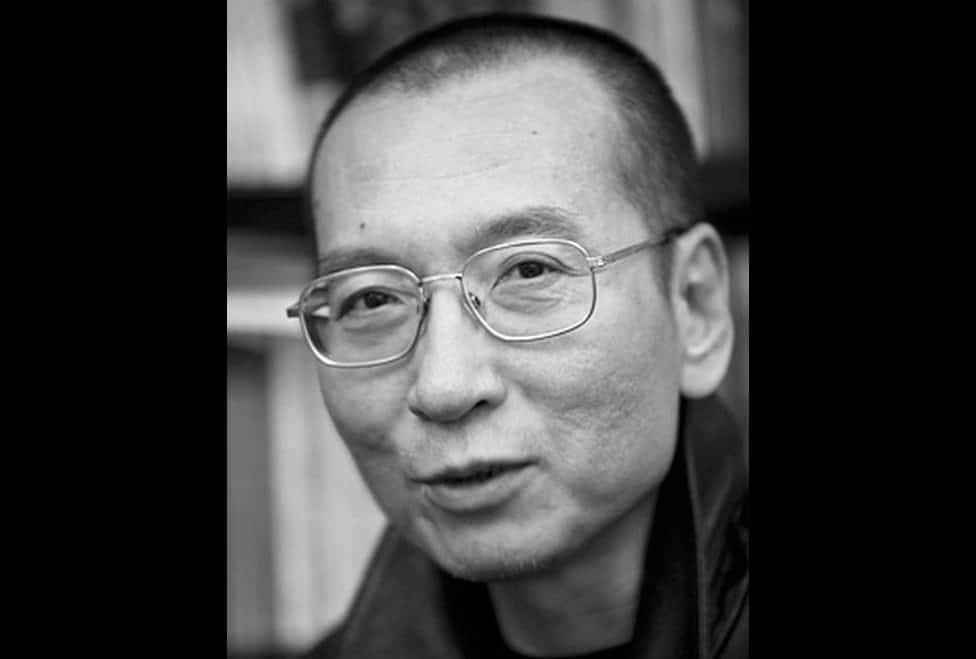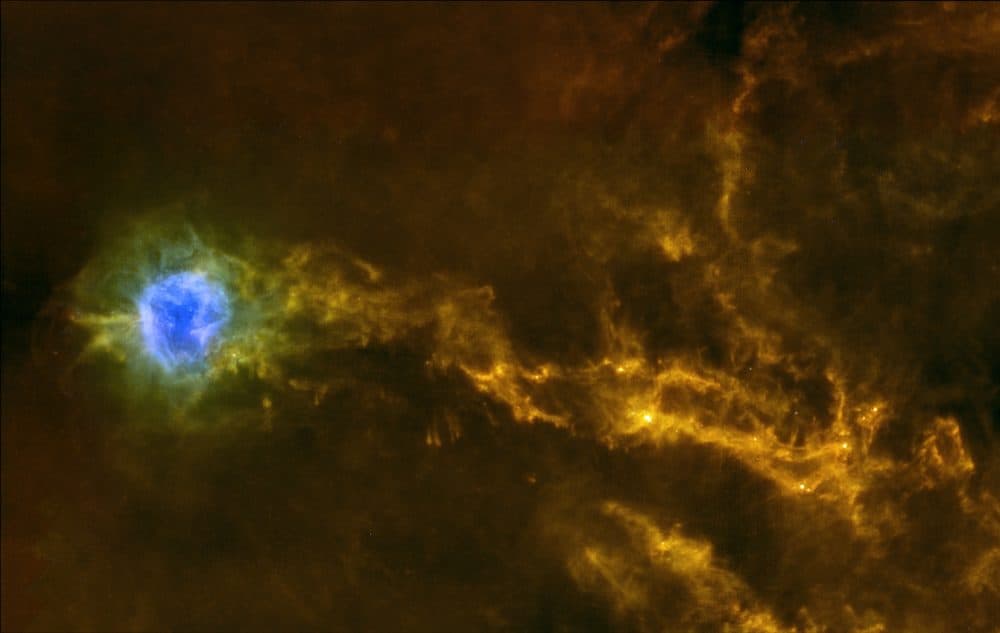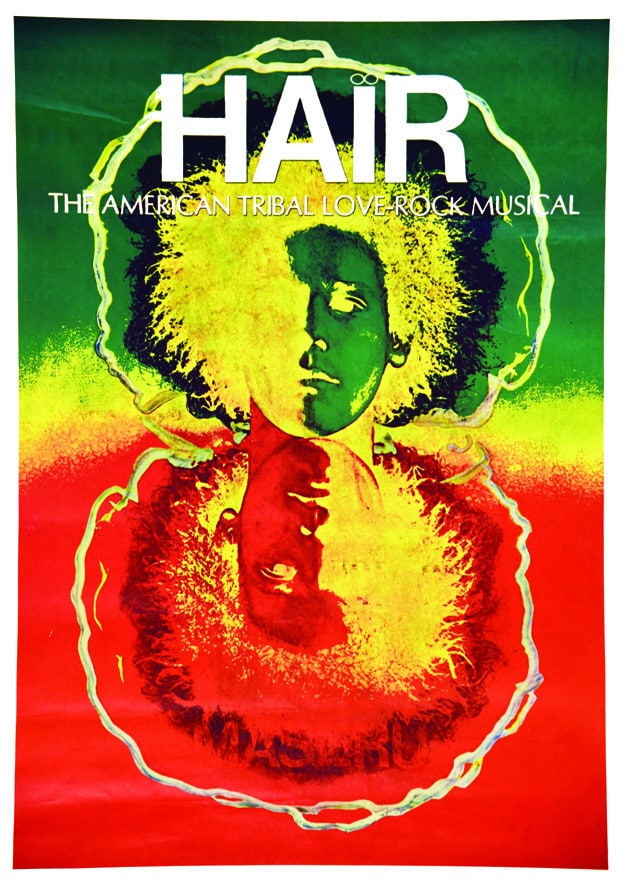Blog
Peter Brian Gabriel (born 13 February 1950) is an English singer, songwriter, and record producer who rose to fame as the original lead singer of the progressive rock band Genesis. After leaving Genesis in 1975, Gabriel launched a successful solo career with “Solsbury Hill” as his first single. His 1986 album, So, is his best-selling release and is certified triple platinum in the UK and five times platinum in the U.S. The album’s most successful single, “Sledgehammer“, won a record nine MTV Awards at the 1987 MTV Video Music Awards and, according to a report in 2011, it was MTV‘s most played music video of all time.
Gabriel has been a champion of world music for much of his career. He co-founded the WOMAD festival in 1982. He has continued to focus on producing and promoting world music through his Real World Records label. He has also pioneered digital distribution methods for music, co-founding OD2, one of the first online music download services.[13]Gabriel has also been involved in numerous humanitarian efforts. In 1980, he released the anti-apartheid single “Biko“.[12] He has participated in several human rights benefit concerts, including Amnesty International‘s Human Rights Now! tour in 1988, and co-founded the Witness human rights organisation in 1992. Gabriel developed The Elders with Richard Branson, which was launched by Nelson Mandela in 2007.
Gabriel has won three Brit Awards—winning Best British Male in 1987, six Grammy Awards, thirteen MTV Video Music Awards, the first Pioneer Award at the BT Digital Music Awards, the Q magazine Lifetime Achievement, the Ivor Novello Award for Lifetime Achievement, and the Polar Music Prize. He was made a BMI Icon at the 57th annual BMI London Awards for his “influence on generations of music makers”.
https://www.youtube.com/watch?v=uTAaKAVpOOM
more...Wardell Gray (February 13, 1921 – May 25, 1955) was an American jazz tenor saxophonist who straddled the swing and bebop periods.
In early 1935, Gray began attending Northeastern High School, and then transferred to Cass Technical High School, which is noted for having Donald Byrd, Lucky Thompson and Al McKibbon as alumni. He left in 1936, before graduating. Advised by his brother-in-law Junior Warren, as a teenager he started on the clarinet, but after hearing Lester Young on record with Count Basie, he was inspired to switch to the tenor saxophone.
Gray’s first musical job was in Isaac Goodwin‘s small band, a part-time outfit that played local dances. When auditioning for another job, he was heard by Dorothy Patton, a young pianist who was forming a band in the Fraternal Club in Flint, Michigan, and she hired him. After a very happy year there, he moved to Jimmy Raschel‘s band (Raschel had recorded a few sides earlier in the 1930s but did not do so again) and then on to the Benny Carew band in Grand Rapids, Michigan. It was at around this time that he met Jeanne Goings; together they had a daughter, Anita, who was born in January 1941.
more...https://www.youtube.com/watch?v=F3HITsh2vjE
more...“It is not power that corrupts but fear. Fear of losing power corrupts those who wield it and fear of the scourge of power corrupts those who are subject to it.
The only real prison is fear, and the only real freedom is freedom from fear. Human beings the world over need freedom and security that they may be able to realize their full potential.” Aung San Suu Kyi
NGC 4452 is located approximately 60 million light-years distant and is 35,000 light-years in width.
The NASA/ESA Hubble Space Telescope has imaged a striking galaxy called NGC 4452, which appears to lie exactly edge-on as seen from Earth. The result is an extraordinary picture of billions of stars observed from an unusual angle. The bright nucleus can be seen at the centre, along with the very thin disc that looks like a straight line from our unusual viewing position. To complete the picture, a hazy halo of stars on the periphery of the galaxy makes it seem to glow.
NGC 4452 was first seen by William Herschel in 1784 with his 47 cm telescope in England. He described the object as a bright nebula, small and very much elongated. The new Hubble image shows just how elongated this unusual object really is.
Galaxies are like star cities, and typically contain many billions of stars. The American astronomer Edwin Hubble, after whom the Hubble Space Telescope is named, was the first person to prove that there are other galaxies beyond our own by measuring their distances. This work, done in the 1920s, forever changed our view of the Universe.
Galaxies also belong to collections that are called galaxy clusters. NGC 4452 is part of the Virgo Cluster, so-called because many of its members appear in the constellation of Virgo (the Maiden). This enormous grouping is approximately 60 million light-years distant and contains around 2000 galaxies.
It is thought that the Local Group of galaxies, to which our own Milky Way belongs, is on the fringes of the Virgo Cluster, and at some point in the far future the Local Group may be pulled slowly into the Virgo Cluster by the force of gravity. Large numbers of much more remote, faint galaxies, far beyond NGC 4452 and the Virgo Cluster, appear in the background of this image.
This picture of NGC 4452 was created from images taken using the Wide Field Channel on Hubble’s Advanced Camera for Surveys. This picture was made from images through blue (F475W, coloured blue) and near-infrared (F850LP, coloured red) filters. The exposures times were 750 s and 1210 s respectively. The field of view extends over 2.6 arcminutes.
more...Omar Hakim (born February 12, 1959) is an American jazz, jazz fusion and pop music drummer, producer, arranger and composer. He has worked with David Bowie, Sting, Madonna, Dire Straits, Journey, Kate Bush, George Benson, Miles Davis, Mariah Carey, and Celine Dion.
Hakim credits jazz vibraphonist Mike Mainieri with giving him his first break in 1980; Hakim appeared in a video with Mainieri called The Jazz Life and began working with singer Carly Simonthrough Mainieri. Hakim first came to major attention as a member of Weather Report.
Hakim played drums on David Bowie‘s most commercially successful album, 1983’s Let’s Dance, as well as the follow-up, Tonight, in 1984. Bowie described Hakim as “a fascinating drummer, with impeccable timing” and “always fresh in his approach”.
In the mid-1980s, Hakim joined Dire Straits as drummer while recording their fifth album Brothers in Arms. Hakim temporarily replaced the band’s then-permanent drummer Terry Williams, when his performance was felt to be unsuitable for the desired sound of the album after most of the album tracks had been recorded. Hakim re-recorded all the drum tracks on the album in two days and then left for other commitments. Hakim and Williams are both credited on the album (although Williams’ only contribution was the improvised crescendo at the start of “Money for Nothing” and Williams was brought back for the music videos and the world tour). Hakim was also part of the band for Sting‘s first solo album, The Dream of the Blue Turtles, appearing in the film Bring on the Night.
By this time, Hakim was teaching himself to program drum machines, which put him in even greater demand as a pop, rock, and R&B session musician, and landed him work with Madonna. Meanwhile, he continued his work as a jazz fusion drummer; just a partial list of his credits over the 1980s and 1990s includes work with Miles Davis, David Sanborn, Roy Ayers, George Benson, Joe Sample, John Scofield, Lee Ritenour, Toninho Horta, and Najee. In December 1989, Hakim released his first solo album, Rhythm Deep, which occupied a middle ground between jazz, R&B, and pop, and gave him a chance to showcase his vocal abilities as well. The results earned Hakim a Grammy nomination in early 1990.
more...
William Otis Laswell (born February 12, 1955) is an American bass guitarist, record producer, and record label owner. He has been involved in hundreds of recordings with many collaborators from all over the world. His music draws from funk, world music, jazz, dub and ambient styles. He has played or produced hardcore punk and heavy metal.
According to music critic Chris Brazier, “Laswell’s pet concept is ‘collision music’ which involves bringing together musicians from wildly divergent but complementary spheres and seeing what comes out.”The credo of one record label run by Laswell which typifies much of his work is “Nothing Is True, Everything Is Permitted”. Although his bands may be credited under the same name and often feature the same roster of musicians, the styles and themes explored on different albums can vary dramatically. Material began as a noisy dance music band, but later albums concentrated on hip hop, jazz, or spoken word readings by William S. Burroughs. Most versions of the band Praxis have included guitarist Buckethead, but they have explored different permutations on albums.
Laswell got his earliest professional experience as a bass guitarist in R&B and funk bands in Detroit and Ann Arbor, Michigan. He saw shows that combined genres, such as Iggy and the Stooges, MC5, and Funkadelic. He was also influenced by jazz musicians John Coltrane, Albert Ayler, and Miles Davis.
more...Big John Wrencher (February 12, 1923 – July 15, 1977), also known as One Arm John, was an American blues harmonica player and singer, well known for playing at the Maxwell Street Market in Chicago in the 1960s. He toured Europe in the 1970s.
“I prefer to be true to myself, even at the hazard of incurring the ridicule of others, rather than to be false, and to incur my own abhorrence.”
―
more...Dense filaments of gas in the IC5146 interstellar cloud can be seen clearly in this image taken in infrared light by the Herschel space observatory. Stars are forming along these filaments. The blue region is a stellar nursery known as the Cocoon nebula.
Herschel has revealed that clouds between stars contain networks of tangled gaseous filaments. Intriguingly, each filament is approximately the same width, hinting that they may result from interstellar sonic booms throughout our Milky Way galaxy.
The filaments are huge, stretching for tens of light years through space, and Herschel has shown that newborn stars are often found in the densest parts of them. One filament imaged by Herschel in the Aquila region contains a cluster of about 100 infant stars.
Such filaments in interstellar clouds have been glimpsed before by other infrared satellites, but they have never been seen clearly enough to have their widths measured. Now, Herschel has shown that, regardless of the length or density of a filament, the width is always roughly the same.
The team suggests that as sonic booms from exploding stars travel through the clouds, they lose energy and, where they finally dissipate, they leave these filaments of compressed material.
more...Sérgio Santos Mendes (Brazilian Portuguese: [ˈsɛʁʒju ˈsɐ̃tus ˈmẽdʒis]; born February 11, 1941) is a Brazilian musician. He has over 55 releases, and plays bossa nova heavily crossed with jazz and funk. He was nominated for an Oscar for Best Original Song in 2012 as co-writer of the song “Real in Rio” from the animated film Rio.
Mendes is a unique example of a Brazilian musician primarily known in the United States, where his albums were recorded and where most of his touring took place.
Mendes is married to Gracinha Leporace, who has performed with him since the early 1970s. Mendes has also collaborated with many artists through the years, including The Black Eyed Peas, with whom he re-recorded in 2006 a version of his breakthrough hit “Mas Que Nada“.
Mendes was born in Niterói, Brazil, the son of a physician. He attended the local conservatory with hopes of becoming a classical pianist. As his interest in jazz grew, he started playing in nightclubs in the late 1950s just as bossa nova, a jazz-inflected derivative of samba, was emerging. Mendes played with Antônio Carlos Jobim (regarded as a mentor) and many U.S. jazz musicians who toured Brazil.
more...Little Johnny Taylor (born Johnny Lamont Merrett; February 11, 1943 – May 17, 2002) was an American blues and soul singer, who made recordings throughout the 1960s and 1970s, and continued public performances through the 1980s and 1990s.
Little Johnny Taylor moved to Los Angeles in 1950, and sang with the Mighty Clouds of Joy before moving into secular music. Influenced by Little Willie John, he first recorded as an R&B artist for the Swingin’ record label.
However, he did not achieve major success until signing for San Francisco-based Fantasy Records‘ subsidiary label, Galaxy. His first hit was the mid-tempo blues “You’ll Need Another Favor,” sung in the style of Bobby Bland, with arrangement by Ray Shanklin and produced by Cliff Goldsmith.
more...Otis Lee Clay (February 11, 1942 – January 8, 2016) was an American R&B and soul singer, who started in gospel music. In 2013, Clay was inducted to the Blues Hall of Fame.
Malian vocalist Sali Sidibé died on February 8, 2019 in Bamako at the age of 59. She was a significant artist from the Wassulu region of Mali.
Born in 1959, Sali Sidibé began her professional music career with an album released in 1980 titled L’enfant chéri du Wassolon (The Darling Child of Wassolon), with vocals in Bambara. Wassoulou Foli (Sterns), produced by Ibrahima Sylla, was her first album widely distributed internationally.
more...https://www.youtube.com/watch?v=zTg1ES13yLw
more...HAIR final show Sunday 2-10-19 2pm matinee Mixed Blood Theater-Minneapolis
Music by Stephen Houtz, JD Lee and mick laBriola
more...“Free expression is the base of human rights, the root of human nature and the mother of truth. To kill free speech is to insult human rights, to stifle human nature and to suppress truth.” Liu Xiaobo

more...
More Posts
- World Music Culture Shock
- Daily Roots Lester Sterling
- Cosmos NGC 1291
- Graham Parsons
- Cindy Blackman Santana
- Don Cherry
- Compay Segundo
- World Music Kanjira Quartet
- Daily Roots King Tubby & The Aggrovators
- Mt Zion Shabbat for the Soul
- Cosmos Aurora Qeqertag
- Imrat Khan
- Lawrence “Black” Ardoin
- David Amram
- Flamenco Fridays Diego Amador
- Daily Roots Mikey Dread
- Cosmos MACS0416
- Diana Krall
- Hubert Sumlin




